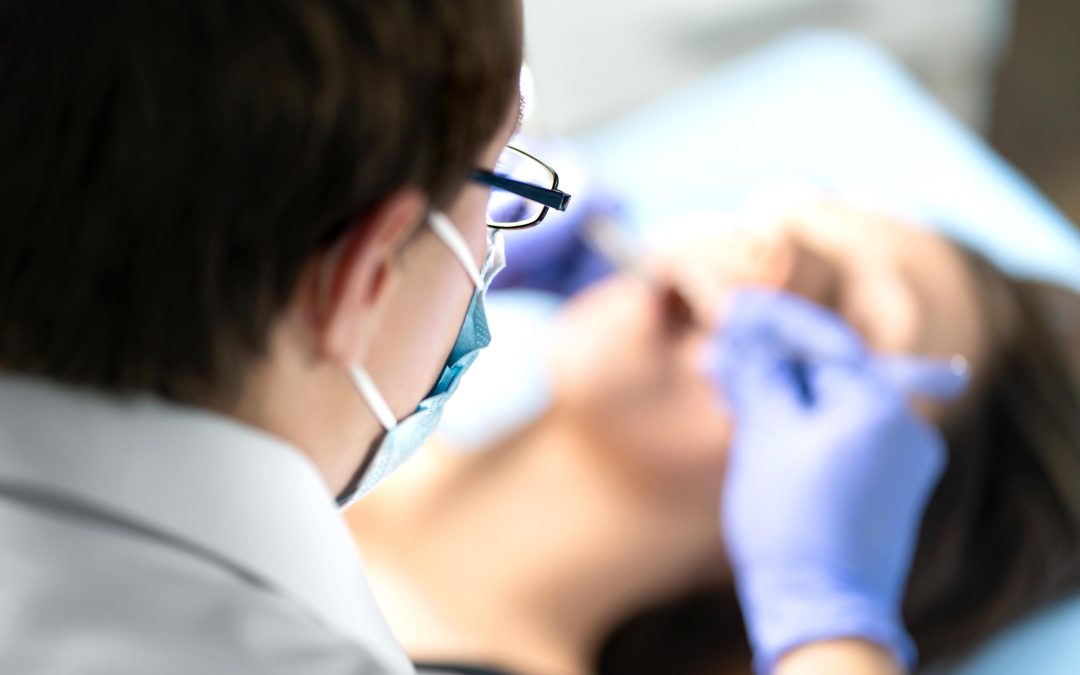Tooth removal is a common dental procedure that many patients undergo for various reasons, including decay, infection, or orthodontic needs. For those seeking Tooth Removal in Dubai, understanding the recovery process is just as important as the procedure itself. Knowing what to expect after the extraction can help you manage discomfort, avoid complications, and speed up healing. This article explains the typical stages of recovery after tooth removal and offers practical tips to support a smooth healing journey.
Immediate Aftercare Following Tooth Removal:
Right after tooth removal, your body begins the healing process immediately, but proper aftercare is critical to ensure a successful recovery.
- A blood clot forms in the socket to protect the wound and aid healing
- Avoid disturbing the clot by not rinsing vigorously or using straws
- Bite gently on gauze pads to control bleeding, changing them as needed
- Rest and keep your head elevated to minimize swelling
- Follow your dentist’s instructions regarding medications and oral hygiene
These initial steps are essential to prevent complications like dry socket and promote fast healing after Tooth Removal in Dubai.
Managing Pain and Swelling:
Discomfort and swelling are normal responses to tooth extraction, especially in the first 48 hours.
- Use prescribed or over-the-counter pain relievers as directed by your dentist
- Apply ice packs to the affected area for 15-20 minutes every hour during the first day
- Switch to warm compresses after 48 hours to encourage blood flow and reduce swelling
- Avoid strenuous activities that can increase pain or bleeding
- Keep your diet soft and nutritious to prevent irritation
Effectively managing pain and swelling can make your recovery period more comfortable and less stressful.
Healing Timeline and Tissue Repair:
The healing of the extraction site happens in phases and varies depending on the individual and complexity of the extraction.
- Blood clot formation occurs within hours after extraction to protect the bone
- Soft tissue begins to grow over the socket within 1-2 weeks
- Bone healing and remodeling continue over several months
- Most patients experience significant healing within 7-10 days
- Follow-up appointments may be necessary to monitor progress
Understanding this timeline helps set realistic expectations for your recovery after Tooth Removal in Dubai.
Dietary Recommendations for Optimal Healing:
What you eat during recovery directly affects how well your mouth heals after tooth removal.
- Stick to soft foods such as yogurt, applesauce, mashed potatoes, and soups
- Avoid hot, spicy, crunchy, or sticky foods that can irritate the wound
- Drink plenty of fluids but avoid caffeinated, alcoholic, and carbonated beverages
- Avoid using straws to prevent dislodging the blood clot (dry socket risk)
- Gradually reintroduce solid foods as you feel comfortable
Following these dietary guidelines supports tissue repair and reduces discomfort.
Oral Hygiene Practices Post-Extraction:
Maintaining oral hygiene is vital but must be done gently to avoid disturbing the healing site.
- Avoid brushing directly over the extraction site for the first few days
- Rinse your mouth gently with warm salt water starting 24 hours after extraction
- Avoid commercial mouthwashes that contain alcohol during initial healing
- Continue brushing and flossing other areas of the mouth carefully
- Follow your dentist’s advice regarding when to resume normal oral care
Good oral hygiene prevents infection and contributes to a smoother recovery.
Recognizing and Preventing Complications:
While most recoveries are straightforward, complications can occur if proper care is not taken.
- Dry socket: severe pain due to dislodged blood clot; characterized by bad odor and taste
- Infection: increased swelling, pus discharge, fever, or severe pain beyond a few days
- Prolonged bleeding: bleeding that doesn’t stop after applying pressure for 30 minutes
- Nerve injury: rare, but may cause numbness or tingling in the lip, tongue, or chin
- Contact your dentist promptly if any of these signs appear for timely intervention
Being vigilant about symptoms ensures early treatment and prevents worsening conditions after Tooth Removal in Dubai.
Lifestyle Adjustments During Recovery:
Adopting certain lifestyle changes supports healing and minimizes risks following tooth extraction.
- Avoid smoking and tobacco products, which delay healing and increase infection risk
- Limit alcohol consumption as it can interfere with medications and tissue repair
- Get adequate rest and avoid heavy physical activities for a few days
- Keep stress levels low through relaxation techniques
- Stay hydrated and maintain balanced nutrition for overall health
Healthy habits complement medical advice and improve your recovery experience.
When to Contact Your Dentist:
Knowing when to seek professional help is essential for managing your recovery effectively.
- Severe or worsening pain after 2-3 days despite pain medications
- Persistent or excessive bleeding that doesn’t subside with pressure
- Signs of infection such as fever, swelling, or pus discharge
- Difficulty opening your mouth or swallowing
- Any unusual symptoms or concerns related to your extraction site
Prompt communication with your dentist ensures quick resolution of issues and safeguards your oral health.
Final Thoughts:
Recovering from tooth removal involves a carefully managed process of rest, pain control, and oral care. Patients undergoing Tooth Removal in Dubai should follow their dentist’s advice closely to minimize discomfort and prevent complications. Understanding the stages of healing, adhering to recommended aftercare practices, and recognizing warning signs can make the recovery smoother and faster. Remember that each individual heals at their own pace, so patience and proper care are essential. If you have any questions or experience unusual symptoms during your recovery, always reach out to your dental provider for support.

